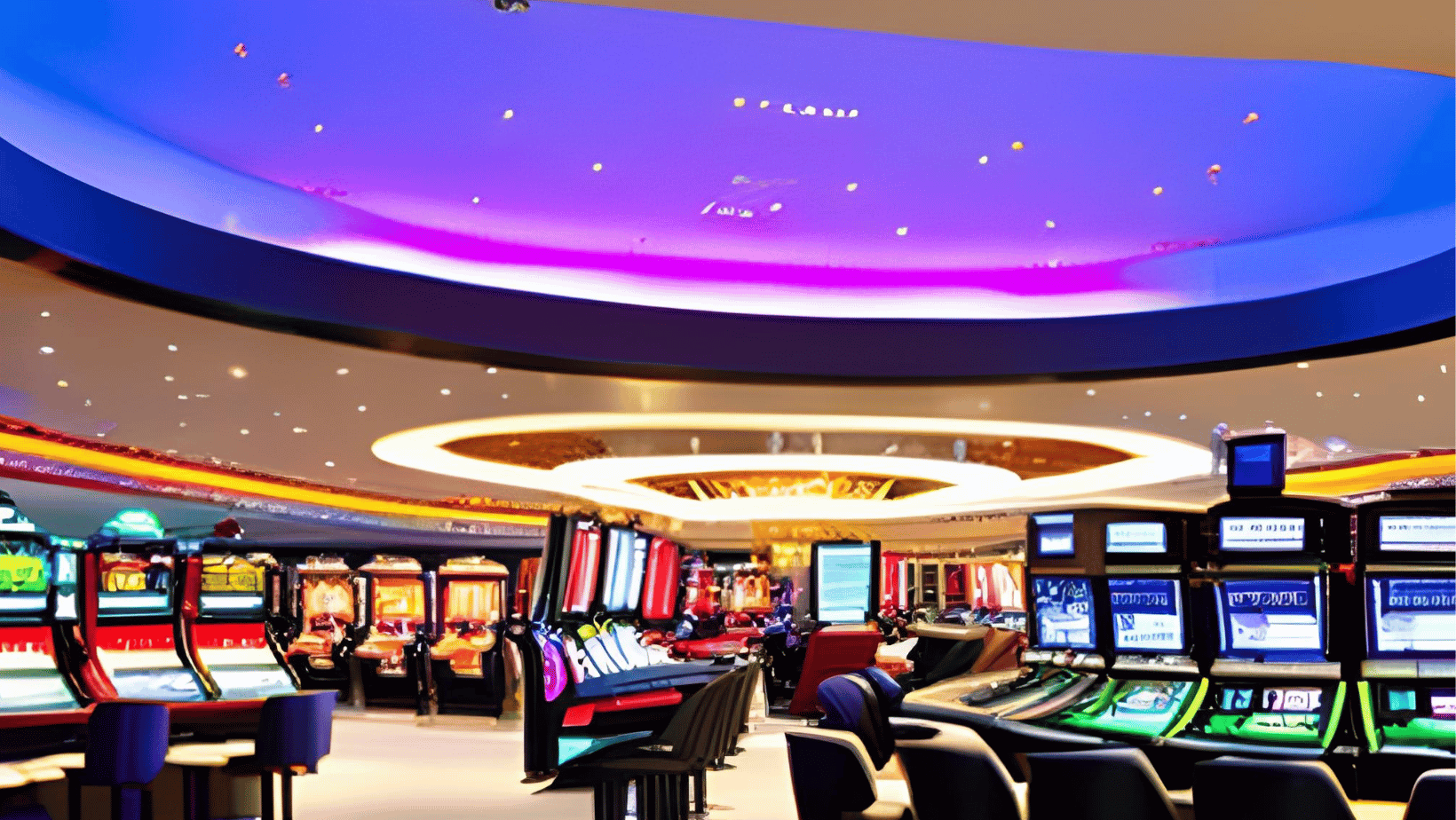
Casino entertainment have long been a significant aspect of human culture, offering not just entertainment but a captivating reflection of our dreams, wishes, and anxieties. From the spinning reels of a slot machine to the strategic gameplay of poker, these games embody a range of human sentiments and events. At their core, casino games are not just a chance to earn cash; they are a snapshot of life itself, where risk versus reward converge and fate can change in an moment.
As players assemble around tables or sit in front of vibrantly illuminated machines, they engage in a tradition that transcends mere playing. These games echo our natural desires for connection, excitement, and the pursuit of luck. They also unveil deeper truths about human behavior, such as our relationship with fate and the thrill of uncertainty. In exploring casino games, we discover not only the nuances of play but also the rich tapestry of the human story, showcasing our woven narratives of hope and reality.
The Mind Behind Gambling
Gambling is deeply rooted in human psychology, appealing to various emotions and wants. The thrill of risk-taking is a core aspect that attracts participants, be it it’s thrill of spinning a roulette wheel or the anticipation of drawing a winning hand in a poker game. This rush of adrenaline is often compared to other forms of excitement, as the unpredictability of outcomes triggers a distinct psychological response. Gamblers often become captivated by the possibility of striking it rich, leading to an almost magnetic draw toward gambling games.
Additionally, a crucial component of the psychology behind gambling is the concept of optimism and ambition. Participants often nourish dreams of financial freedom and the opulent lifestyle that can follow winning. This optimism fuels their continued participation in casino games, as it provides a sense of purpose and the conviction that a transformative win could be just one bet away. The story of beating the odds and finding success resonates with many, reinforcing their commitment to play and involve themselves with these games.
Finally, social aspects play a significant role in gambling psychology. Casino environments are designed to promote social interaction, where gamblers gather to share the experience of wins and losses. This shared aspect not only amplifies enjoyment but also influences behavior, as individuals often mimic the actions of others around them. The collective approval found in shared excitement can magnify the emotional experience, making casino games a mirror of not just personal desires but also shared involvement within the gaming community.
## The Dual Nature of Risk and Reward
Casino games embody the fragile balance between risk and gain that resonates profoundly with human nature. The rush of placing a bet is often accompanied by a rush of adrenaline, as participants are confronted with the possibility of winning big, yet cognizant of the possibility to lose. This bipartisan experience reflects a essential aspect of life: the decisions we face often come with intrinsic risks, and the quest for benefit can drive us to take chances we might not typically consider. In this way, gambling activities echo real-world decisions, enticing players to risk not just their capital, but also their dreams.
The allure of jackpot prizes and payouts fuels a sense of optimism, encouraging gamblers to envision a brighter future that could emerge from a fortunate turn of the roulette or flip of a card. This positive outlook can drive individuals to engage in more daring actions, encouraging them to take greater risks in search of economic benefit. However, just as in life, the outcomes of these decisions can lead to both victory and failure. The narratives of both jackpot winners and those who have lost everything at the casino demonstrate the chaotic nature of luck and its impactful impact on our existence.
Ultimately, the interaction of engaging with gambling activities serves as a vivid illustration of the human condition. Every round played is imbued with the tension of risk, as players weigh the rewards against the risks. This dynamic not only highlights the thrill that comes with betting but also exposes the vulnerabilities that come with the urge for more. As we navigate the complexities of choice and results in both the gambling world and in life, we find that the search for benefit shapes our character and journeys in profound ways.
Society and Loneliness in Casino Environment
Gambling environment is a distinct blend of communal engagement and personal pursuit, reflecting the contrasts of human experience. Players often gather around tables, experiencing in the excitement of the game, rejoicing in wins, and sympathizing over losses. This communal aspect is essential, as it establishes a sense of community and bonding among varied groups of individuals. Regular attendees to casinos may form friendships and establish routines, turning the gambling venue into a second home where they experience linked to a larger community of players.
However, the allure of casino activities can also lead to loneliness. As individuals become immersed in the excitement of playing, they may isolate from personal relationships or neglect to engage with the environment outside the gaming space. For some, the pursuit of a jackpot can distract from real relationships, leading to isolation. The situation of being surrounded others yet feeling solitary is not rare, as the focus shifts from collective fun to the private concerns of each individual’s journey.
This interplay of community and solitude creates a vivid tapestry that defines casino culture. https://ga179.xyz/ It highlights the intricacy of human interactions, where joy and sorrow coexist. Casinos serve as both a refuge for social interaction and a platform for individual challenges, illustrating how intimately entwined our desire for companionship and the personal quest for wealth can be. In navigating this environment, players confront their own stories—seeking both the thrill of the game and the fellowship of other gamblers, eventually reflecting the broader spectrum of individual experience.
